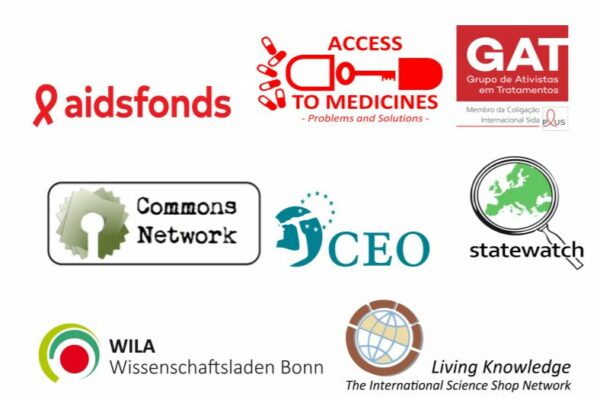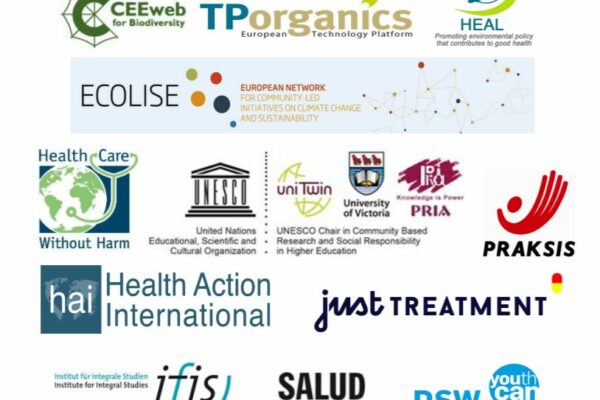There is wide recognition that engagement of civil society organisations and citizens has been suboptimal in defining research and innovation (R&I) priorities in Horizon 2020 and in previous EU Research Framework Programmes. Given the increasing importance of communicating, connecting and engaging with European citizens and civil society on the definition of research priorities, this brief proposes a two-pronged approach, which engages citizens and civil society in defining FP9’s structure and missions ahead of the Commission proposal.
Firstly, we propose a number of Citizens Conventions, an innovative process of decision making to co-create FP9’s missions with society. Within this process, citizens are trusted to apprehend complex topics and to propose missions corresponding to societal challenges that respond to the current and future needs of society.
Secondly, we propose the creation of a Civil Society High Level Group on maximising the societal impact of R&I. By definition, the priorities of the societal challenges pillar of Horizon 2020 should be defined in large part by society, yet in practice there is very little involvement of civil society.
Through more inclusive and participative governance structures, EU research programmes can address the multi-faceted aspects of major societal challenges and offer solutions that provide concrete societal benefits. Neither proposal is a one shot process: both should continuously inform and be engaged during the implementation of the next FP9.






